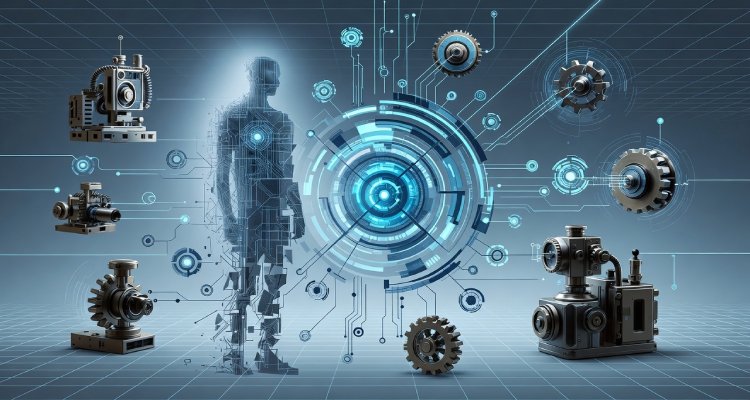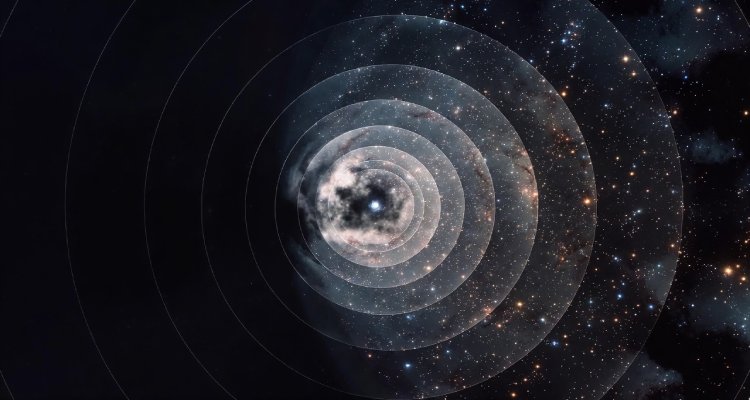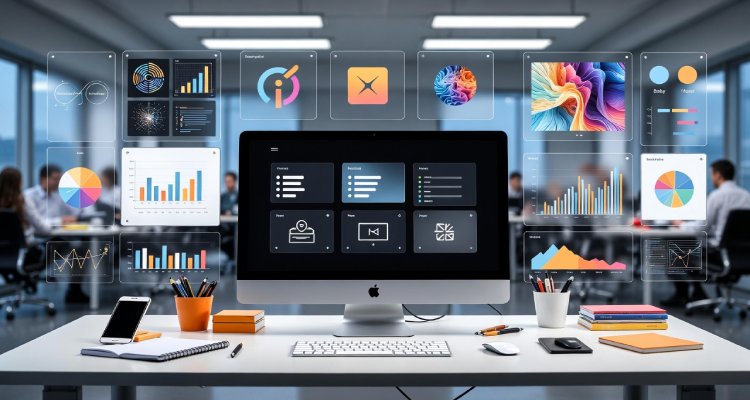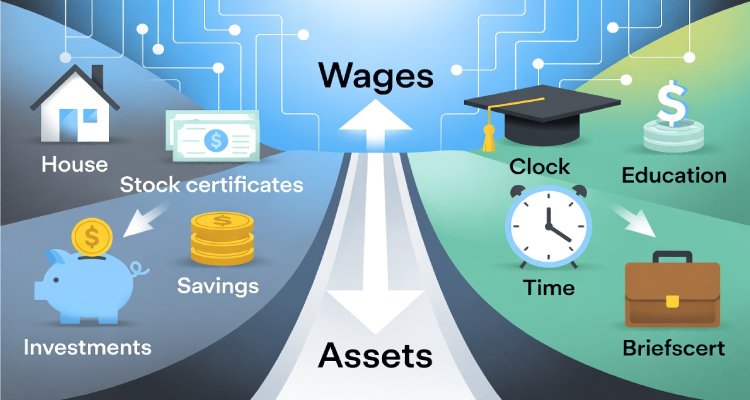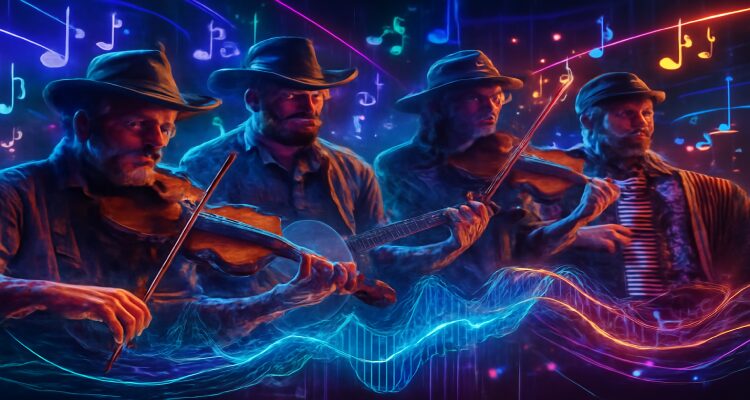From Folk Songs to AI Beats: The Next Cultural Revolution
From traditional folk songs to AI-generated music, the evolution of sound reveals how culture adapts to technology—ushering in a new creative era.
Introduction: When Songs Shape Civilizations
For centuries, music has been humanity’s most powerful storyteller. Folk songs once carried the wisdom of villages, preserved oral histories, and echoed the rhythm of collective life. Today, a new force is shaping soundscapes—artificial intelligence. From generating beats to composing symphonies, AI is gradually rewriting how music is created, consumed, and valued. The shift feels less like a gradual change and more like a cultural revolution, echoing the way recording technology, radio, and streaming services once transformed societies.
Context & Background: The Roots of Musical Evolution
Music has always evolved with technology.
-
Folk traditions: For millennia, communities sang to pass down heritage. Each region had melodies tethered to rituals, work, or seasons. These were collective creations, anonymous, and deeply tied to identity.
-
Industrial shift: The 19th and 20th centuries brought gramophones, radio, and recording studios—suddenly music was commodified. Folk songs moved from communal firesides to vinyl records and global broadcasts.
-
The digital era: Streaming platforms democratized access, allowing anyone with a smartphone to experience global sounds. Genres collided, and algorithms began guiding taste.
Now, artificial intelligence marks the next stage: music not just distributed or recommended by technology, but created by it.
Main Developments: AI-Enriched Soundscapes
AI-driven music tools like OpenAI’s Jukebox, Google’s MusicLM, and independent platforms are capable of producing entire compositions—melodies, harmonies, and even lyrics. Startups are licensing AI-generated background tracks to advertisers, YouTubers, and filmmakers. Musicians experiment with co-creation, treating AI as a collaborator rather than a competitor.
This acceleration raises profound questions:
-
Authenticity: Can a song with no human memory or struggle truly carry cultural meaning?
-
Creativity: If machines can generate thousands of beats per second, what becomes of artistic uniqueness?
-
Access: While record labels once acted as gatekeepers, AI tools place music creation into the hands of anyone with an internet connection.
The result is a democratization of sound, reminiscent of folk traditions but powered by code rather than community gatherings.
Expert Insight & Public Reaction
Many industry experts see AI as both opportunity and disruption.
Dr. Leena Sharma, an ethnomusicologist at Delhi University, reflects:
“We’ve seen music evolve from oral tradition to digital streams. AI reminds me of folk culture in a strange way: it’s collective, anonymous, and boundary-less. The difference is that now the ‘community’ is a machine-trained dataset.”
Producers and independent artists are divided. Some embrace AI for speeding up workflows: a lyricist can instantly generate backing tracks, while a filmmaker can score a short film in hours instead of weeks. Others worry about copyright, originality, and losing the human emotional core.
Public sentiment is equally mixed. Younger audiences often find AI music impressive for its novelty, while traditionalists fear the erasure of cultural authenticity.
Impact & Implications: What Happens Next?
The ripple effects of this shift extend across industries and cultures:
-
Musicians: Traditional artists may need to reinvent roles, focusing on live performance, storytelling, or human connection that AI cannot replicate.
-
Industries: Advertising, gaming, and content creation are already buying AI tracks for cost-effectiveness. The royalty model for composers may shift dramatically.
-
Ethics & Regulation: Lawmakers face dilemmas—should AI-generated work be copyrighted, and if so, by whom?
-
Culture & Identity: Just as folk songs reflected collective life, AI might birth a new kind of folk culture—digital, global, and constantly evolving.
Instead of replacing music, AI could become another instrument, like the guitar or synthesizer once did. The cultural revolution lies not in silencing the past but in expanding the definitions of creativity.
Conclusion: Singing Through Change
From oral folk traditions to streaming playlists, music has always adapted. Artificial intelligence is the latest milestone, amplifying access while challenging authenticity. Whether celebrated as liberation or feared as homogenization, this evolution cannot be ignored. Just as every era’s songs reflected its spirit, today’s tracks—whether crafted by human hands or coded by algorithms—will someday be remembered as the soundtrack of a society in transition.
The future harmony may not be about man versus machine, but about finding resonance between heritage and innovation.
Disclaimer: This article is an original journalistic exploration intended for educational and informational purposes. It does not endorse any particular AI music product or service.


